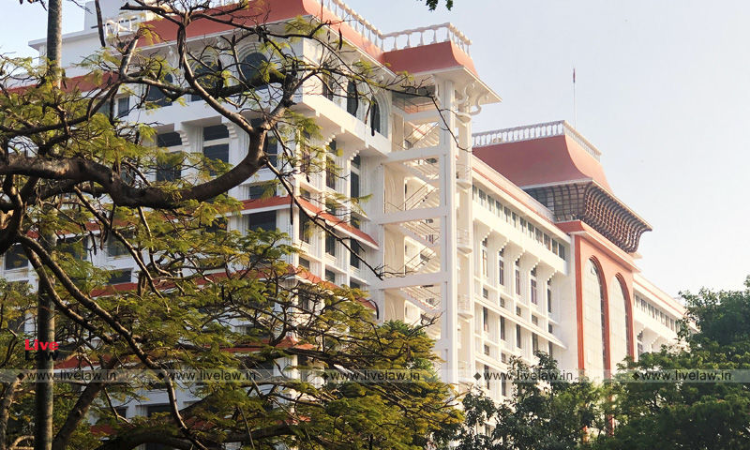Shawarma Food Poisoning: Kerala High Court Calls For Constant Monitoring & Enforcement Of Food Safety Standards
Hannah M Varghese
6 May 2022 2:00 PM IST

Prevention is certainly better than prosecution, the Court said.
Next Story
6 May 2022 2:00 PM IST
